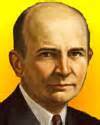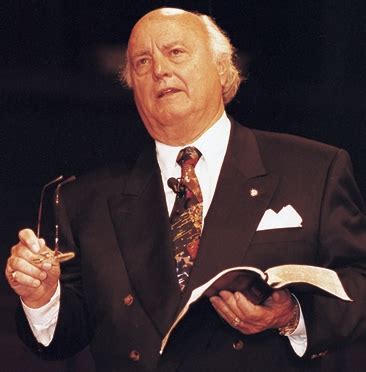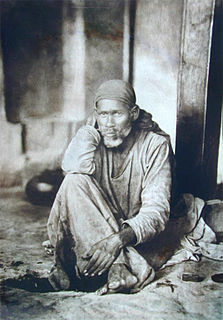Цитата Мартина Х. Фишера
Знание — это процесс накопления фактов; мудрость заключается в их упрощении.
Связанные цитаты
Мудрость и знание лучше всего можно понять вместе. Знание — это обучение, сила разума, позволяющая понять и описать вселенную. Мудрость — это знание того, как применять знания и как не применять их. Знание — это знать, что сказать; мудрость в том, чтобы знать, говорить это или нет. Знание дает ответы; мудрость задает вопросы. Знаниям можно научить, мудрость вырастает из опыта.
Философ любит мудрость, а не знание, которое при всех его великих применениях в конечном счете страдает от калечащего эффекта эфемерности. Все знания преходящи, связаны с окружающим миром и подвержены изменениям по мере изменения мира, тогда как мудрость, истинная мудрость вечна, неизменна. Чтобы быть философом, нужно любить мудрость ради нее самой, принимать ее постоянную значимость и в то же время ее вечную неуместность. Участь мудрых — понимать ход истории и, тем не менее, никогда не формировать его.
Знание само по себе является нейтральным инструментом, который можно использовать во благо или во зло. Мудрость, напротив, всегда направляет нас к счастью. Задача образования должна состоять в том, чтобы стимулировать и высвобождать мудрость, дремлющую в жизни всех молодых людей. Это не принудительный процесс, как вдавливание чего-либо в предварительно отформованную форму, а скорее вытягивание потенциала, который существует внутри.
[Ученый] страстно верит в факты, в взвешенные факты. Он полагает, что плохих фактов не бывает, что все факты являются хорошими фактами, хотя они могут быть фактами о плохих вещах, и его интеллектуальное удовлетворение может исходить только от приобретения точно известных фактов, от их организации в совокупность знаний, в которой взаимосвязь измеряемых фактов является доминирующим соображением.
МУДРОСТЬ зависит от знания. Там, где есть полное невежество, не может быть ни мудрости, ни знания о том, как правильно поступать. Знания человека сравнительно ограничены, и поэтому его мудрость должна быть невелика, если только он не может соединить свой ум со знанием, большим, чем его собственное, и черпать из него посредством вдохновения мудрость, в которой ему отказывают его собственные ограничения. Только Бог знает всю правду; поэтому только Бог может иметь Настоящую мудрость или всегда знать, что делать правильно, и человек может получить мудрость от Бога. Мудрость достигается чтением мыслей Бога.




































